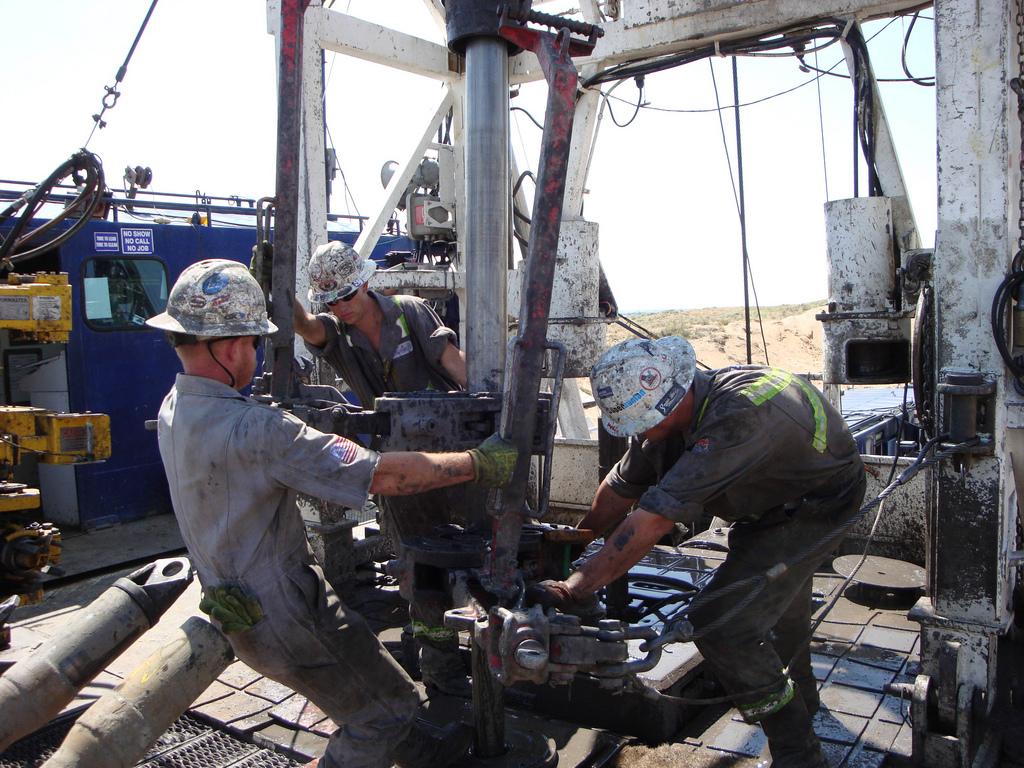HOUSTON (Bloomberg) –Shale drillers’ newfound commitment to production discipline appears to be paying off as crude plunges toward a bear market.

While West Texas Intermediate crude is poised for the biggest monthly loss since the beginning of the coronovirus pandemic, its collapse isn’t dragging down equities the way it used to.
The S&P Oil & Gas Exploration & Production ETF is notably outperforming the U.S. benchmark, and three of the top 10 stocks in the S&P 500 Index this year are oil companies: Devon Energy Corp. Marathon Oil Corp. and Diamondback Energy Inc.
Shale Resilience
“It looks like the market is starting to reward better behavior by producers,” said Josh Young, chief investment officer at Bison Interests, a Houston-based money manager. “They’re not getting punished as much on the way down.”
Publicly listed oil producers have drastically changed their business model since Covid-19, slowing production growth and harvesting more cash flow to repay debt and hand back to shareholders through dividends and buybacks.
While it’s early days, the new model appears to be working, with stocks apparently more resilient to the possibility of another pandemic-induced downturn.
In the past, a collapse in crude prices would trigger plunging cash flows and mounting debts for shale companies, leading to rapid production cuts, frenetic hedging, calls to bankers begging for forgiveness and — in the worst cases — bankruptcy.
But after a decade of lagging stock performance and multiple prices wars with OPEC+, the sector appears to have put the brakes on unrestrained production growth.
Now, many oil exploration and production companies are only reinvesting around half their cash flows in new drilling compared to 100% or more before the pandemic.
That means more cash for shareholders. The lack of long-term supply growth also means that longer-dated crude contracts haven’t fallen as much as the spot price, which benefits equity valuations.
“The latest market pullback comes at a fortuitous moment with respect to 2022 E&P drilling plans,” said Michael Roomberg, who helps manage $3 billion at Miller Howard Investments Inc.
The slump “will likely give pause” to any explorer considering boosting production, which will keep returns robust, he said.



